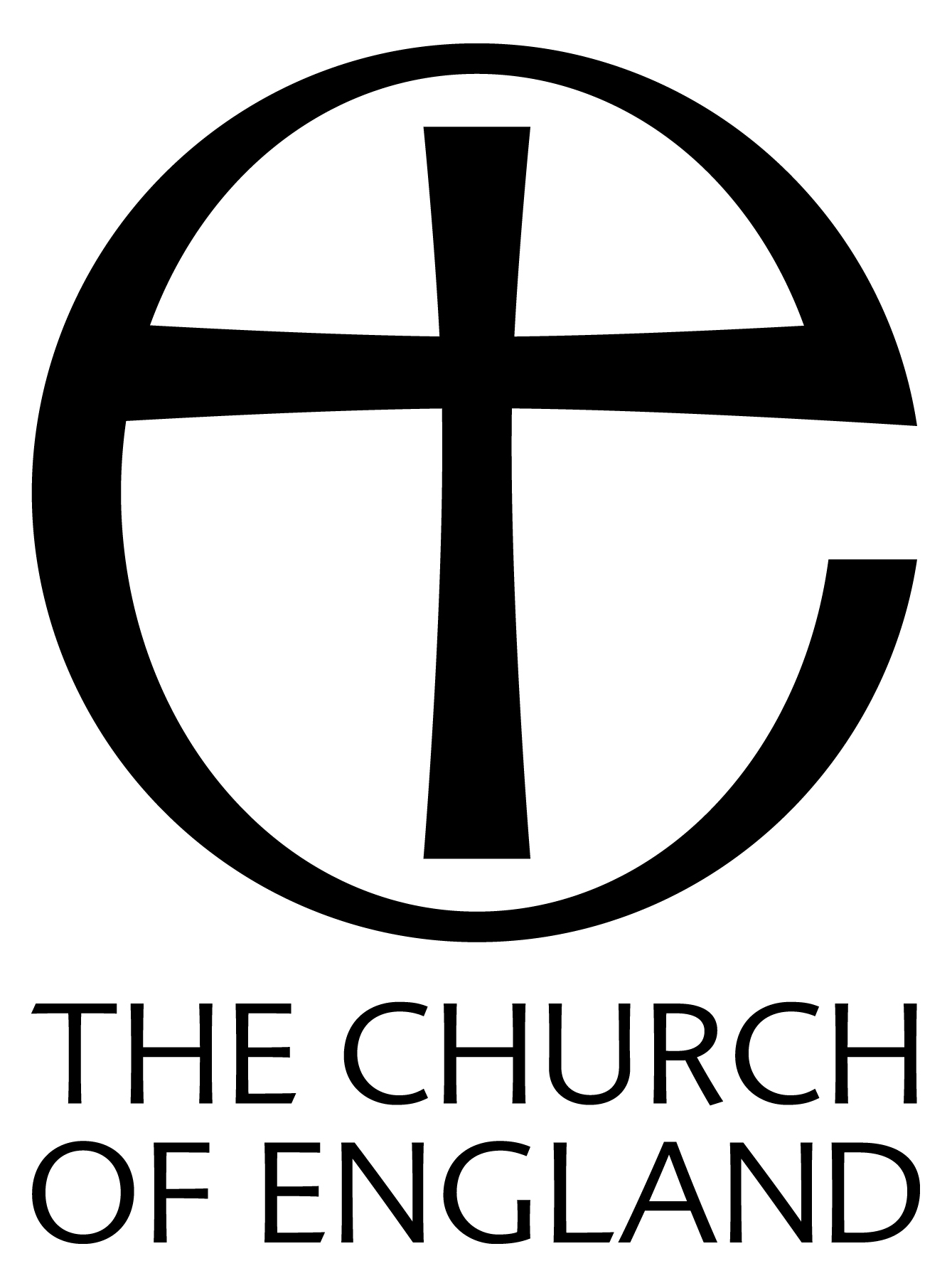14
of 6/5, followed by Robert de Drypool, whose levy was 2/1. This Robert, who derives his name from the village, would appear to be a person of some consequence, since he served on two Inquisitions made about this time. He had two messuages in King Edward I's newly founded town of Kingston-upon-Hull.
THE SIEGE OF DRYPOOL CHURCH
In the middle of the thirteenth century the church figured in a dispute between the nuns of Swine and the monks of Meaux. The nuns owned Drypool Grange and the advowson of the church there, but when they tried to collect tithe from the monks on the latter's Drypool lands, Papal privilege was pleadcd. An enquiry was held and the Archbishop of York gave judgement in favour of Swine. The monks were fined and placed under excommunication until the fine was paid. They, however, appealed to Rome, and a commission was appointed to try the case. The result was that the nuns declined to plead and were fined 20 marks, and when they refused to pay this the Prioress was excommunicated. Four times this redoubtable lady and her nuns refused to appear before the Court, and eventually the Archdeacon of the East Riding ordered distraint to be made for the original 20 marks, the nuns' church and chapels to be closed, all services to be suspended, and the excommunication of two canons and six lay brethren who had appealed to the Sheriff for help in restraining the distraint of cattle for the fine.
The ladies still remained obstinate, and driven to extreme measures the Papal Commission awarded Drypool church with its tithes and profits to the opposite party. This did not daunt the truculent ladies, however. A breach was made in the walls of the church, and a siege ensued. This was too much for the Commission. An appeal was made to the Civil power, and this brougnt the nuns to their senses and to their knees. A compromise was lcached. The nuns withdrew their original
|
15
claims and compensated the monks by a payment of 200 marks. It was this type of dispute, with its appeal to a foreign power, which ultimately resulted in the Statute of Praemunire forbidding lawsuits to be carried out of the country.
TRESPASS AGAINST THE KING
In 1297 there is a vivid picture of a disturbance which took place in Drypool churchyard. We are told that "certain strangers from the east came with a ship to Hulle." They may have been sailors from the Baltic or from the Levant. Whilst in port, one of their num ber fell sick, "the Sunday before Ascension Day." He asked
for his" Ecclesiastical rights," i.e. the Sacrament of
Unction, and this was given him by the local priest. Still hopeful of a recovery, he visited the Shrine of St. John at Beverley, " in search of health." On the return journey, however, he died, and his companions, " as is the custom, watched him during the whole night on their ship." On the Feast of St. Augustine, they brought him to Drypool churchyard for burial. The poor man, however, was not to be peacefully interred, since the cortege was met by a " great crowd of the Archbishop's natives," led by John Hayet, John Mynot, Ralph le Porter and William, Clerk of the Archbishop's Manor of Patrington. They seized the corpse and swore on oath that the unfortunate man had died from misadventure. Having immobilised the ship by removing its sail, they sequestered it on behalf of the Archbishop and levied a fine of £20.
The case was investigated by Simon Constable on behalf of the King's Escheator beyond Trent. The jury, which included William de Grimston of Grimston Garth, John Lubias and Thomas Scolfin, found that the Archbishop had exceeded his rights and had trespassed against the liberties of the Earl of Albemarle and in contempt of the King, since the rights of the ground on both sides of the River Hull belonged to the King's Seignory of Holderness.
|

